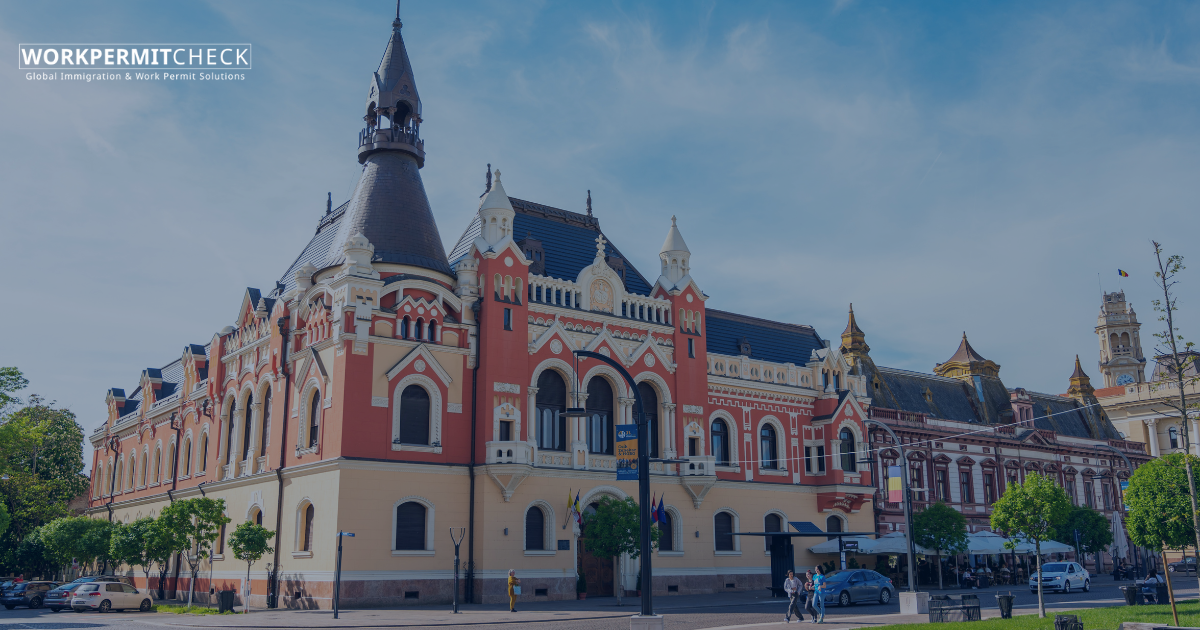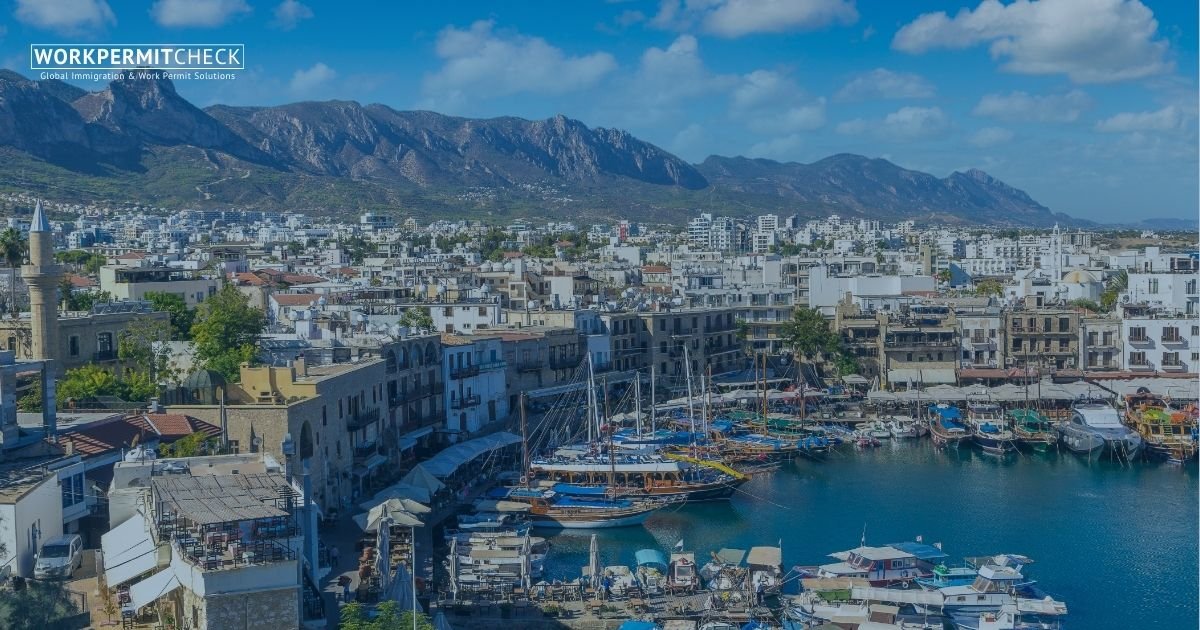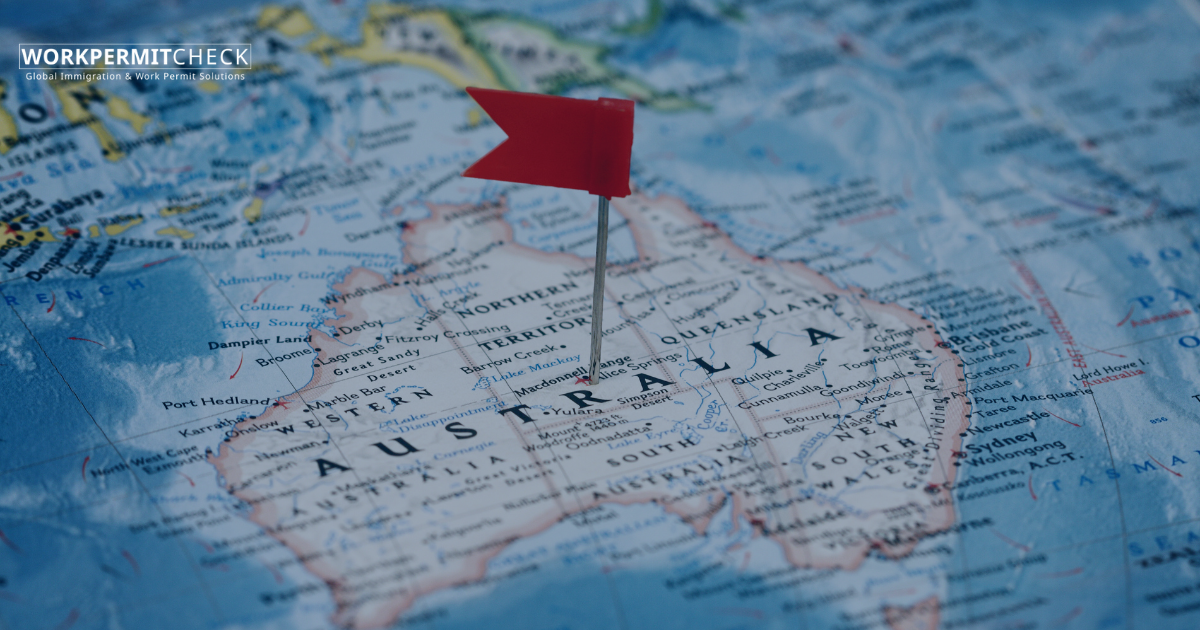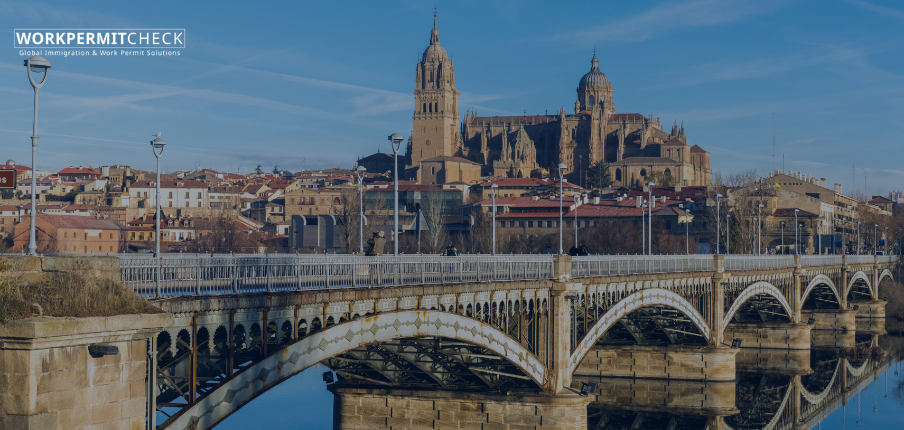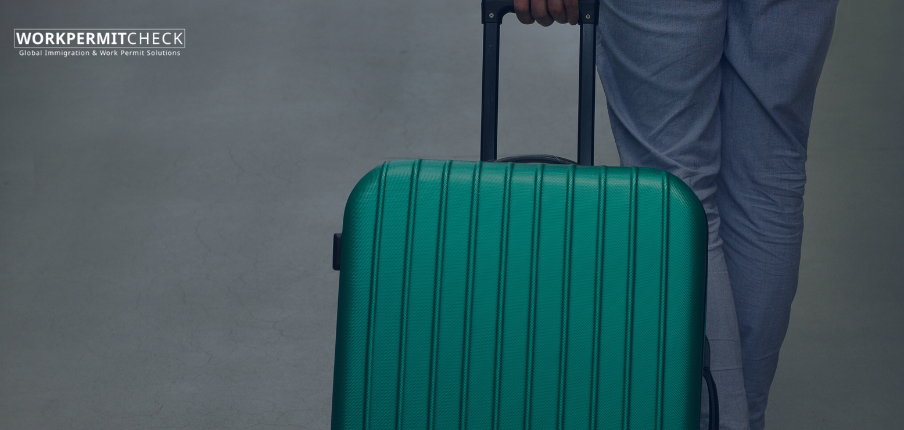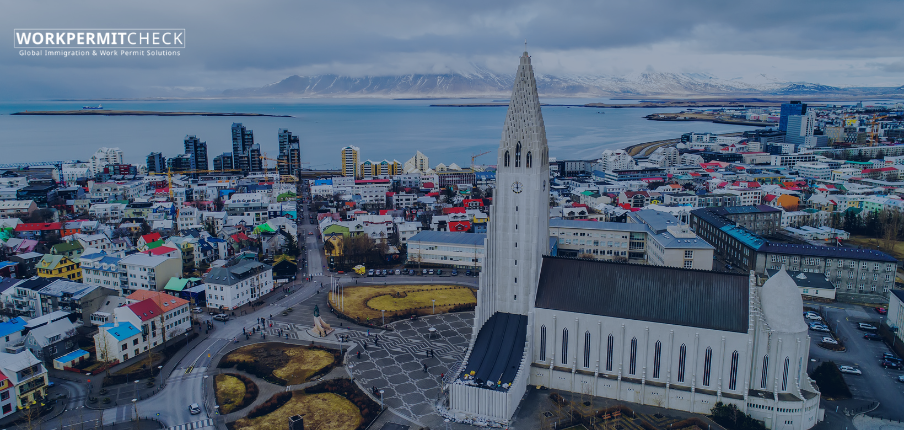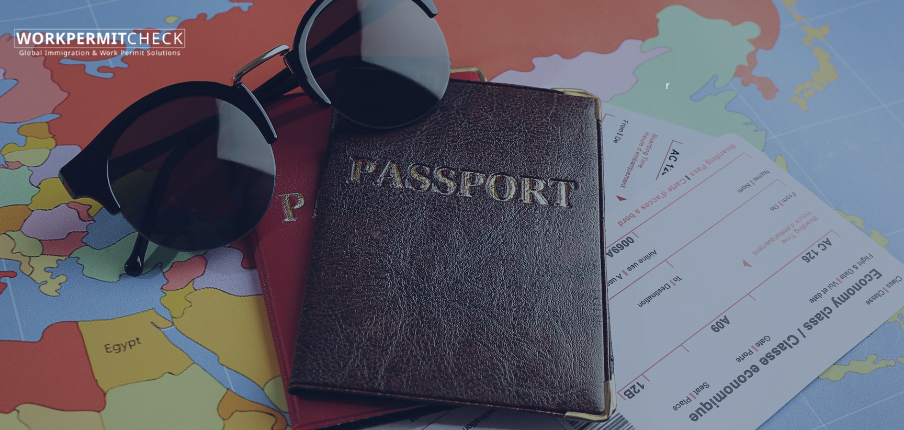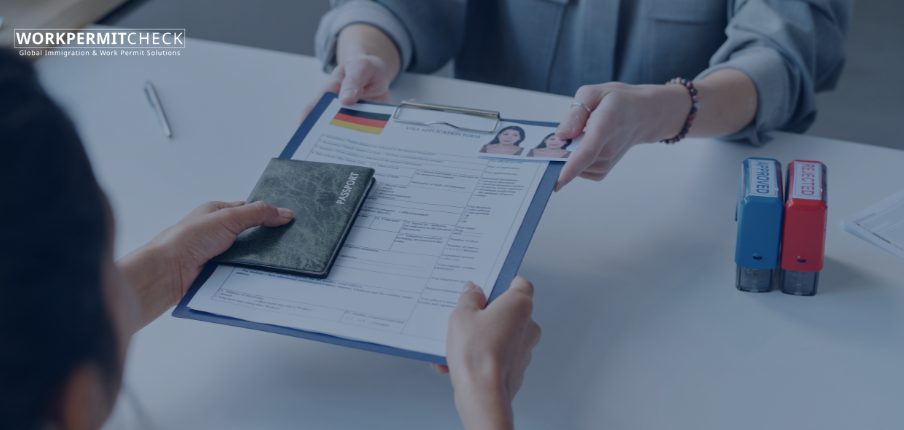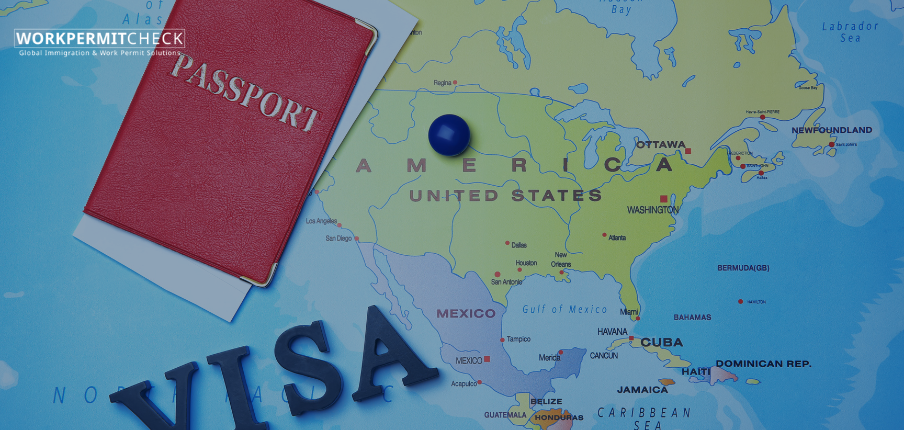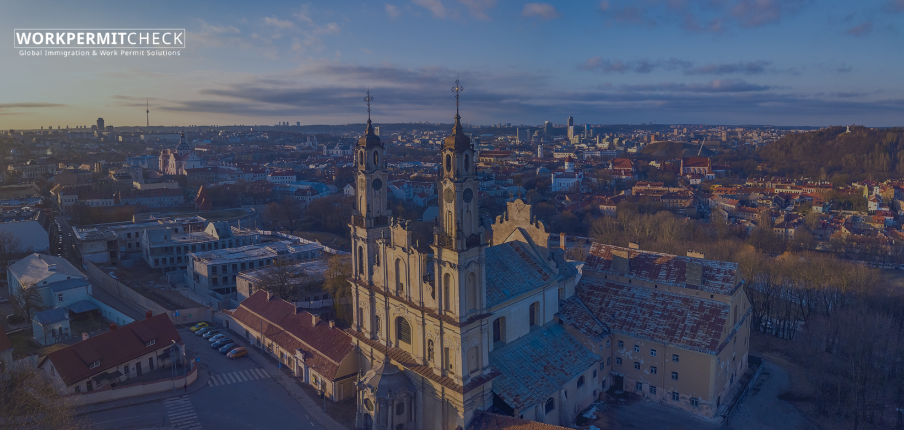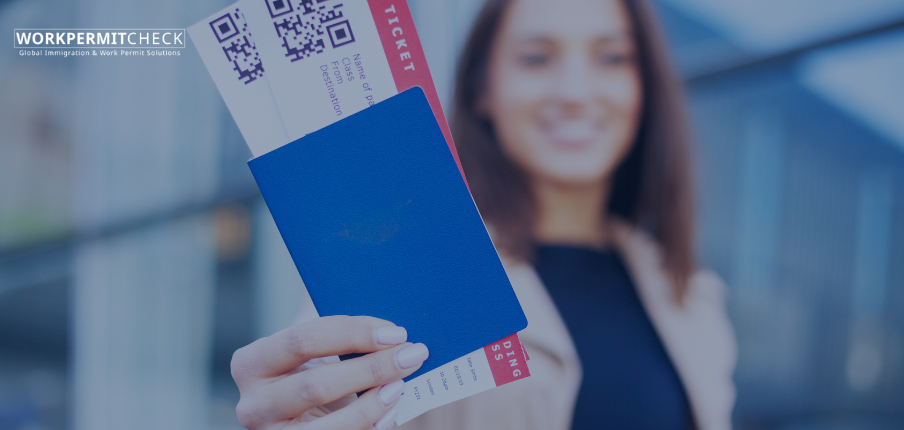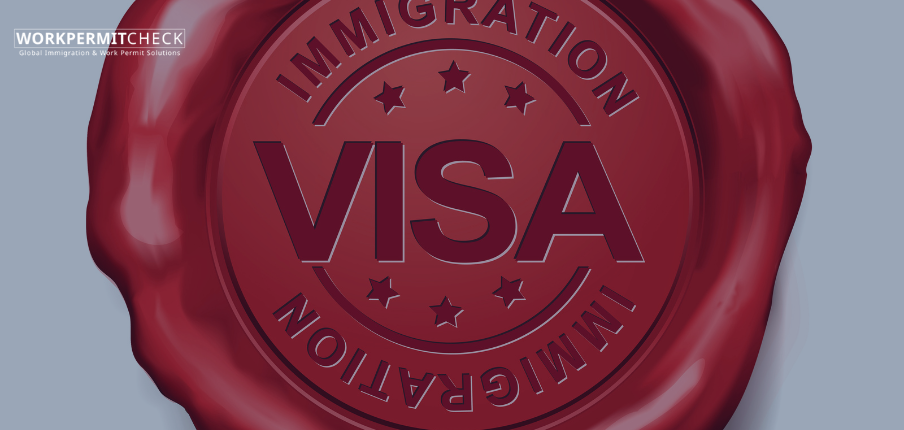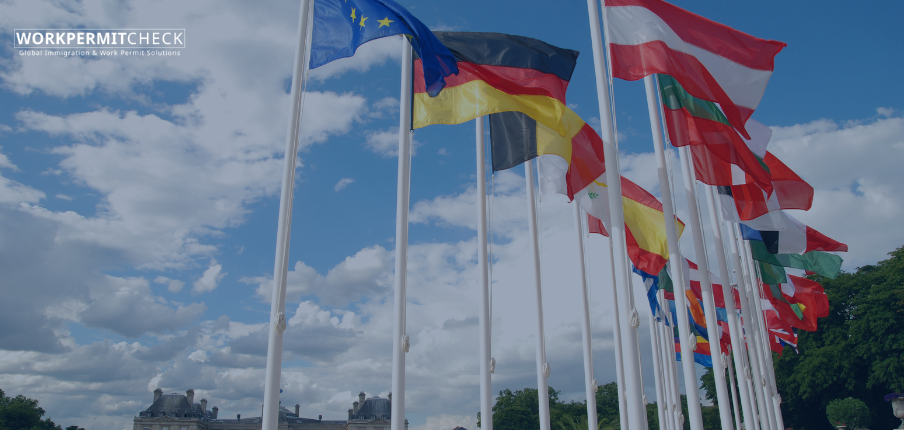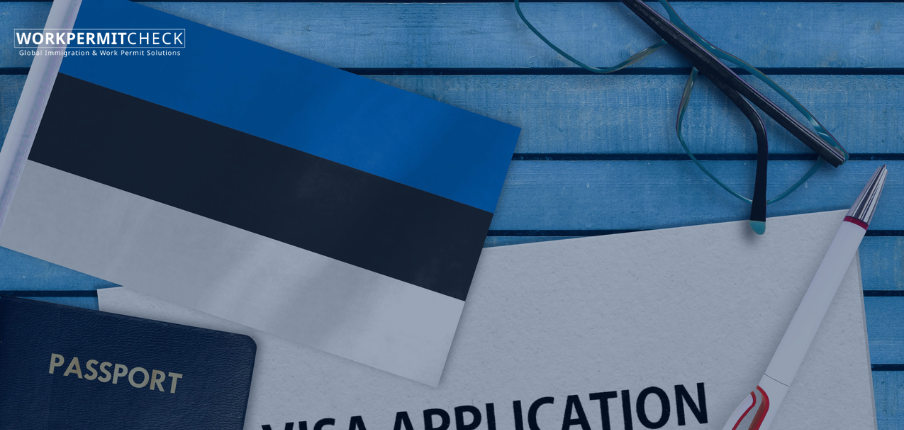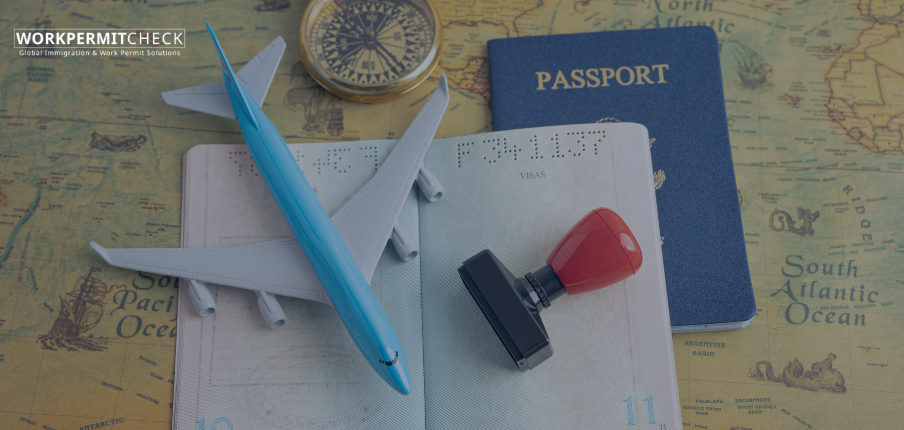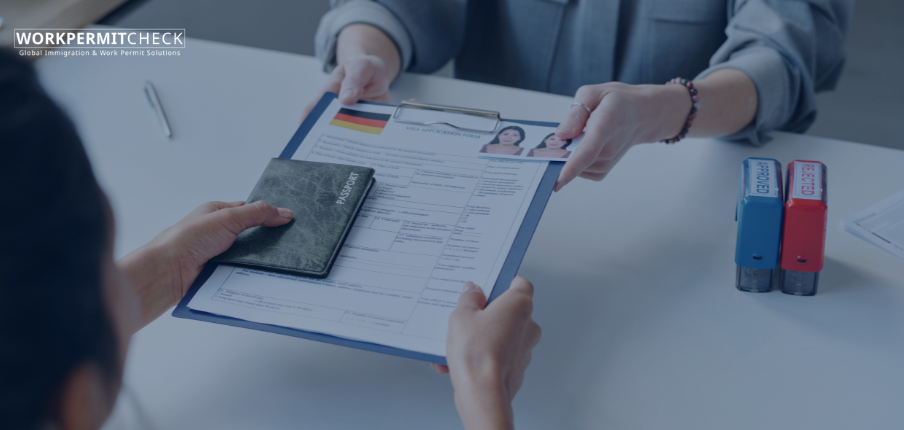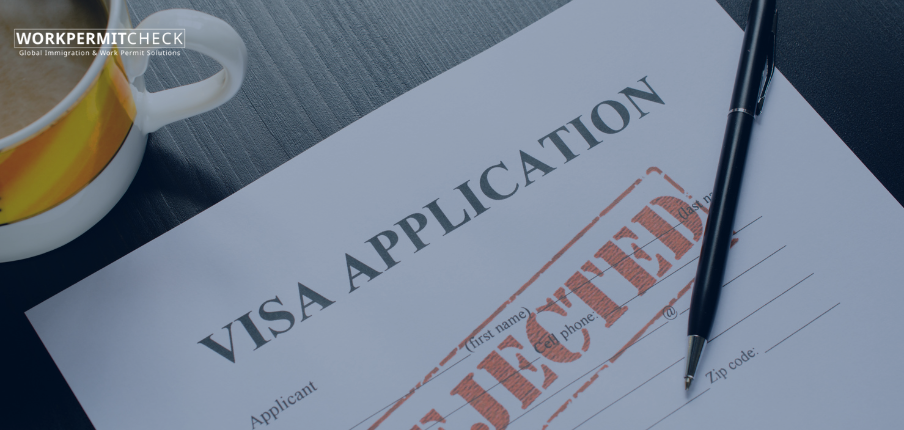If you’re planning to visit Iceland — whether for tourism, study, work, or family reasons — one important part of your visa application is proving that you have enough financial means to support yourself during your stay. This is a standard requirement for most Schengen countries, and Iceland is no exception.
Knowing the financial requirements in advance can help you avoid delays or rejections due to insufficient proof of funds.
Why Proof of Funds Is Needed
When you apply for an Iceland visa, you must demonstrate that you can cover all your living expenses, accommodation, and return travel without becoming a burden on Iceland’s social system.
This requirement helps Icelandic authorities ensure that travelers will not face financial hardship during their stay.
Required Bank Balance for an Iceland Visa
For short-stay Schengen visas (up to 90 days for tourism, business, or family visits), Iceland follows the general Schengen Area financial guidelines.
As of recent rules, you need to prove you have at least 1,000 ISK per day of stay in Iceland if you have prepaid accommodation. If you do not have prepaid accommodation, you should show at least 4,000 ISK per day.
In addition to daily expenses, you must also show that you have enough funds for your return or onward travel — this is usually the cost of a return ticket.
To put this into perspective:
-
Minimum daily amount (with accommodation prepaid): About 1,000 ISK (~7 USD or ~7 EUR) per day.
-
Minimum daily amount (without prepaid accommodation): About 4,000 ISK (~28 USD or ~28 EUR) per day.
However, in practice, Icelandic authorities often expect higher amounts due to the high cost of living. Many embassies advise showing at least about 50 to 70 EUR per day to be on the safe side.
How to Show Proof of Funds
The most common ways to show proof of sufficient funds are:
-
Recent bank statements (usually last 3 to 6 months)
-
Proof of income or employment
-
Traveler’s cheques
-
Credit card statements with available credit limit
-
Proof of accommodation booking and paid flights
Make sure that your bank statements are official, stamped if required, and show consistent balances that match the financial requirement.
Additional Financial Requirements for Long-Term Visas
If you’re applying for a long-term residence permit in Iceland — such as for work or study — the financial requirements are higher.
For example:
-
Students generally need to show that they have enough money to cover living expenses for the entire duration of their study program. This is about 212,694 ISK per month (as per recent guidelines) which equals around 1,500 EUR per month.
-
Workers must show proof of sufficient income through their employment contract and sometimes a minimum salary level, depending on the job and type of permit.
Always check the specific requirement for your visa type on the Directorate of Immigration Iceland website.
Tips for Meeting the Financial Requirement
-
Make sure your funds are in your own bank account.
-
Do not borrow money temporarily just for the statement — visa officers may ask about large sudden deposits.
-
Keep your bank balance consistent in the months before applying.
-
Include additional evidence, such as sponsorship letters if someone else is covering your expenses.
Final Thoughts
Having a clear idea of how much bank balance you need for your Iceland visa application will help you prepare strong documents and avoid unnecessary delays. Always gather more proof than the minimum — this strengthens your case and shows you’re prepared for the real costs of living or traveling in Iceland.
Disclaimer: This information is for general guidance only. Visa rules and financial requirements can change. Always check the latest official information from the Directorate of Immigration Iceland or your nearest Icelandic embassy or consulate before you apply.
July 25, 2025














